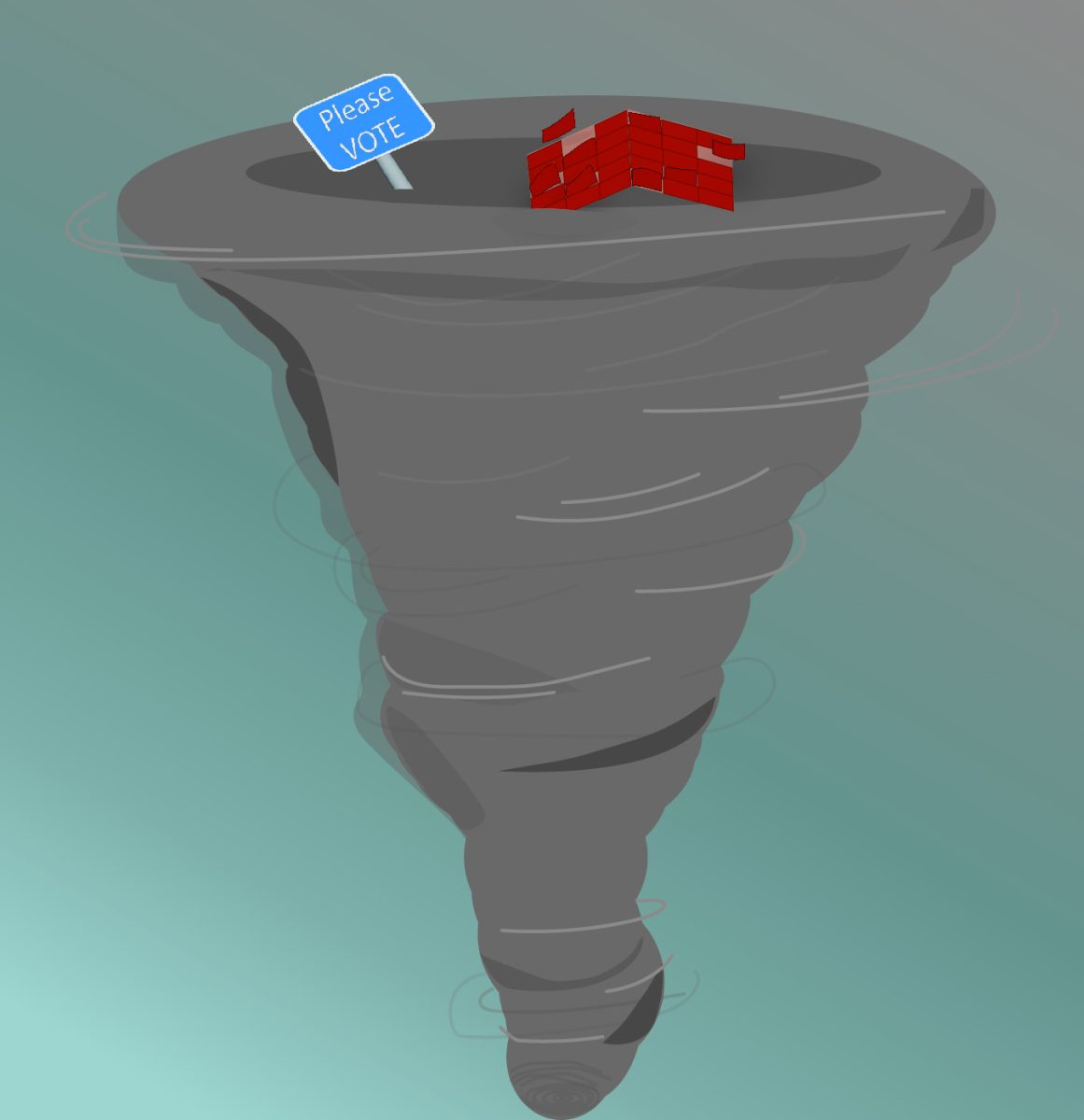
Each semester, undergraduates pay $120 for advising services, but a poll conducted by the SGA’s Twitter page discovered that 40 percent of UTSA students said that improving advising services was their biggest concern.
SGA President Andrew Hubbard campaigned on improving advising as one of his platform issues and suggested three major ongoing pushes to improve academic advising.
Hubbard explained the first initiative is providing the Academic Advising Council (AAC) with direct student feedback to respective advisor representatives. “This direct feedback is to help build a sustainable relationship between students and the AAC so we can create solutions together,” he explained.
The second initiative is encouraging the use of Degree Works with students so they can have more of a direct handle on their academic success. The program provides students with the resources to calculate their GPA, create course plans for the semester, and see how their progress will change based on classes they plan to take.
Hubbard’s third initiative is to further advocate for hiring more academic advisors. He would like to brainstorm innovative ways to further decrease UTSA’s advisor-to-student ratio.
Overall, students have mixed responses about their experiences with student advising. Freshman mathematical and physical sciences major Audrey Michaud said the advising process was quick and easy for her.
“(The advisors) were very willing to find a date and time that worked with my schedule,” Michaud said. Her meeting was scheduled about 10 days after her request. For some students, however, scheduling an appointment with an advisor was not as convenient.
Sophomore business major Marcus Thomas had such difficulties scheduling an appointment with his advisor in his freshman year that he never met his advisor at all. When he was assigned a new advisor his sophomore year, the scheduling process took two weeks and was “not great, but better than before.”
Freshman Engineering major Victor George-Okoroji has had four advisors during his first year at UTSA due to changes from pre-advising to engineering to ultimately honors advising. He said that many students complain that Honors College students receive priority during appointment scheduling.
Honors College students are advised at a different office completely — and this office has a shorter wait time, explained Barbara Smith, executive director of advising. In unavoidable situations, Smith explained, “the centers do triage, and if there are extenuating circumstances the triage advisor assists.”
Smith stated that every Wednesday in the fall and spring semesters all advising centers have walk-in hours from 2 p.m.-4 p.m. “The priority is for a student to first see their assigned advisor,” she explained. If the student’s assigned advisor is out of the office, she said, they are given the choice to see another advisor or leave a message for their advisor.
Currently, the average wait time across all advising centers for a student to schedule an academic advising appointment during non-peak periods is one to three days and during peak periods is two weeks. Smith acknowledges, “we do know that in a couple of centers this wait time is longer and are working to address this by reassigning positions based on a caseload review.” In the future, the advisor to advisee ratio will be one advisor for every 310-370 students.
To streamline the scheduling process, advising has purchased the Student Success Collaborative (SSC) software published by the Education Advisory Board (EAB). Advising intends to create a new software, EAB-SSC Campus, that will enhance the process by providing electronic notification reminders.





